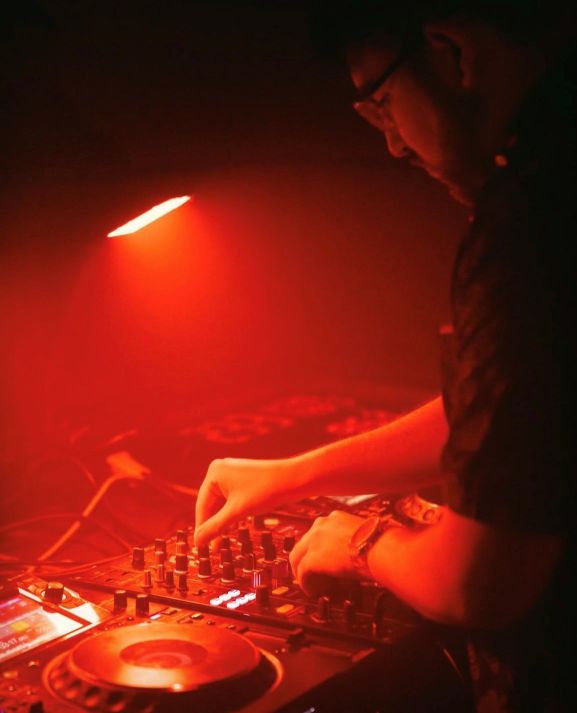Max Ellis

What is your PhD about?
I’m researching how future urban environments will sound when novel noise sources are introduced. These new sound sources include drones, electric vehicles (EVs) flying taxis and air source heat pumps. Currently, soundscapes are dominated by ‘broadband noise’ (continuous, distant, uneventful car traffic), but as e-mobility is introduced, the emitted noises are far more eventful and tonal.
Why is it important to do this research?
In the Scottish Highlands & Islands, the NHS and Royal Mail are currently running pilot schemes using drones to deliver medicines and parcels to rural communities. Although drone delivery is cheaper and faster than sending a human courier, drone noise emissions impact wildlife and people. In fact, drone noise impacts attention in school children by up to 40%, causes high blood pressure, impacts sleep and elicits stress and anxiety responses in neurodiverse individuals…now imagine hundreds of delivery drones – everyday!
In addition, there are almost 4 million people in the UK who are visually-impaired, and if EVs cannot be seen, they need to be heard clearly. Fleets of EVs may have non-harmonious consequences or be masked by other sounds. Thus, it is important to consider the perceptions and impact of those sounds on people who will be most affected, e.g. noise sensitive (hyperacusis) or neurodiverse populations.
What drew you to studying this PhD?
I was lucky enough to be given the opportunity to tailor my Masters dissertation into an acoustics project that expanded on Dr Marc Green‘s previous acoustics research in Salford. I developed it further into a paper for publication and now, I’ve been invited to present the paper at Forum Acusticum – Euronoise in Málaga, Spain, one of the largest international gatherings of the acoustics community. I’m also planning to extend this research further with an amazing European acoustics company.
Having that sort of opportunity before starting a PhD – then seeing the facilities at Salford, meeting the staff, having access to so many tools and datasets – made me feel welcomed, supported and wanted. Through my PhD project partners, I have the opportunity to pursue work that will have a real influence and impact on government policy and wider society, which is absolutely fantastic!
What does a Sustainable Sound Future mean to you?
When everyone is accounted for in the fight against noise. Wildlife, pets, children, adolescents, the elderly, rural communities, urban communities, island communities, residents in high-rise flats, residents in underground dwellings, neurodiverse populations – everyone and anyone who is neglected and affected by noise should be at the centre-stage when informing how we challenge noise. That’s what a sustainable sound future should be.

What were you doing before joining the CDT?
Before joining Salford CDT programme, I was studying an MSc in Computer Science with Artificial Intelligence at Abertay University, Dundee. I became interested in AI at the start of 2023 (back when ChatGPT didn’t even have access to the internet!) and wanted to merge my undergraduate studies in sound & audio with machine learning, a niche commonly referred to as ‘machine listening’. I found out through a friend that some PhDs are actually fully-funded – even paying you an annual stipend – so after seeing the opportunity at Salford, reaching out for a chat with the lead supervisor, having a tour of the facilities, and knowing this opportunity was funded, I knew I had to apply!
What do you do on a typical PhD day?
I have regular meetings with my lead & co-supervisor where we discuss what work I should undertake during the week, and I usually go from there. In my first 3 months I’ve been conducting a literature review, taking part in research listening tests and acoustic experiments to shadow how data from
participant studies is collected, learning to code in MATLAB, sitting in on Masters modules, attending seminars by industry experts and asking lots and lots and LOTS of questions. The staff are very helpful in supporting students at all levels if you’re ever feeling lost or seeking clarity on something. I love talking to the postdocs and getting to know what they’ve been working on, reading their old PhD papers, and getting their thoughts on my own research.
Tell us a fun acoustic fact!
The sound of a whip cracking comes from the tip travelling faster than the speed of sound creating a mini sonic boom!